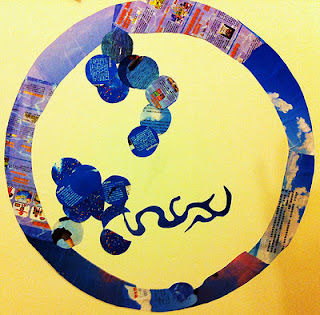adjective \ˈfer\
- agreeing with what is thought to be right or acceptable
- treating people in a way that does not favor some over others
- not too harsh or critical
equal
adjective \ˈē-kwəl\
- the same in number, amount, degree, rank, or quality
- having the same mathematical value
- not changing: the same for each person
If something is to be fair according to the Merriam-Webster online dictionary it has to be 'right' and 'acceptable,' and it has to avoid favoritism and overtly directed criticism.
If something is to be equal according to the Merriam-Webster online dictionary it has to be measured in 'sameness' and cannot change.
Seems pretty simple. What I'm thinking about a lot lately though, is the lack of simplicity in these definitions as they move from Merriam-Webster to practice in the world. In many cases, it appears that something can be perceived as very fair, but perhaps not very equal. It also appears that some things can be perceived as very equal, but not very fair.
Another word that inevitably enters the debate around fair vs. equal to make matters even more confusing is 'equity.'
equity
noun eq·ui·ty \ˈe-kwə-tē\
- fairness or justice in the way people are treated
Equity reflects what we do. It's a noun. Equity is what results when we're able as individuals or groups to treat people fairly and in just ways. Because fair is not necessarily equal, I think that we can say that equity may contain elements of being equal, but being equal is not required to create equity.


